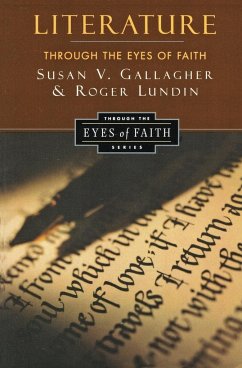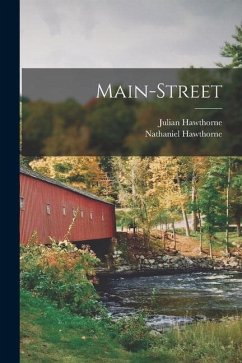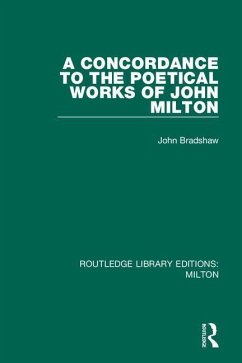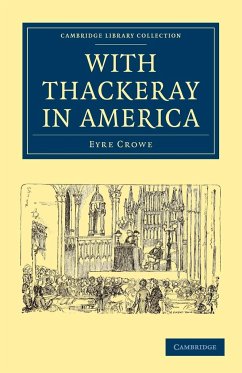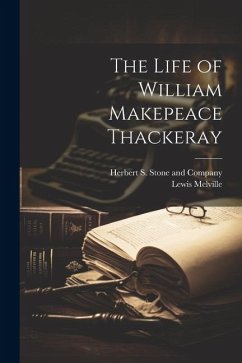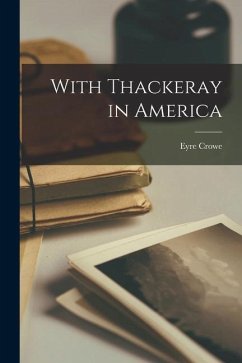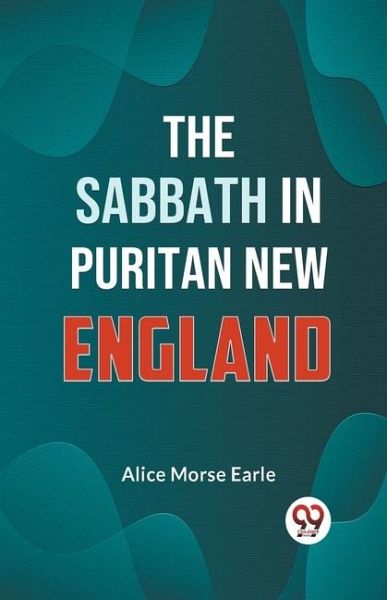
The Sabbath in Puritan New England
Versandkostenfrei!
Versandfertig in über 4 Wochen
14,99 €
inkl. MwSt.
Weitere Ausgaben:

PAYBACK Punkte
7 °P sammeln!
The book "The Sabbath in Puritan New England," authored by Alice Morse Earle, provides an insightful look at the religious and cultural significance of the Sabbath in early colonial America. Earle uses research and a sharp historical perspective to dive into the Sabbath's significance in molding the lives and aspirations of Puritan communities. The literary work investigates the Sabbath's strict adherence, which was a cornerstone of Puritan society, and how it shaped not only religious events but also the community's daily activities and social relationships. Earle examines how the Sabbath aff...
The book "The Sabbath in Puritan New England," authored by Alice Morse Earle, provides an insightful look at the religious and cultural significance of the Sabbath in early colonial America. Earle uses research and a sharp historical perspective to dive into the Sabbath's significance in molding the lives and aspirations of Puritan communities. The literary work investigates the Sabbath's strict adherence, which was a cornerstone of Puritan society, and how it shaped not only religious events but also the community's daily activities and social relationships. Earle examines how the Sabbath affects several elements of life, including as worship and family interactions, as well as business operations and relaxation. Earle's story clearly shows the intricacies of the Puritan Sabbath, emphasizing the clash between religious dedication and evolving societal demands.




